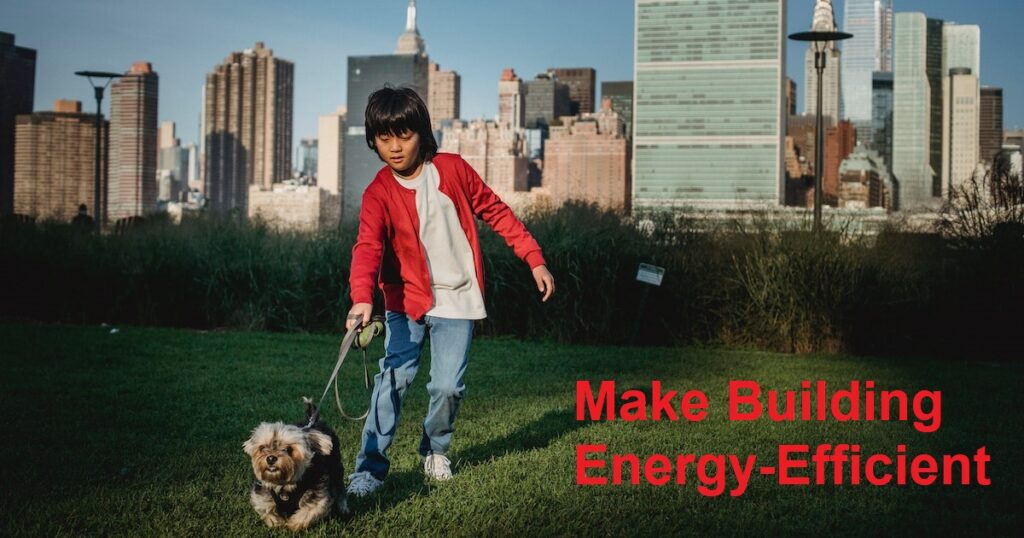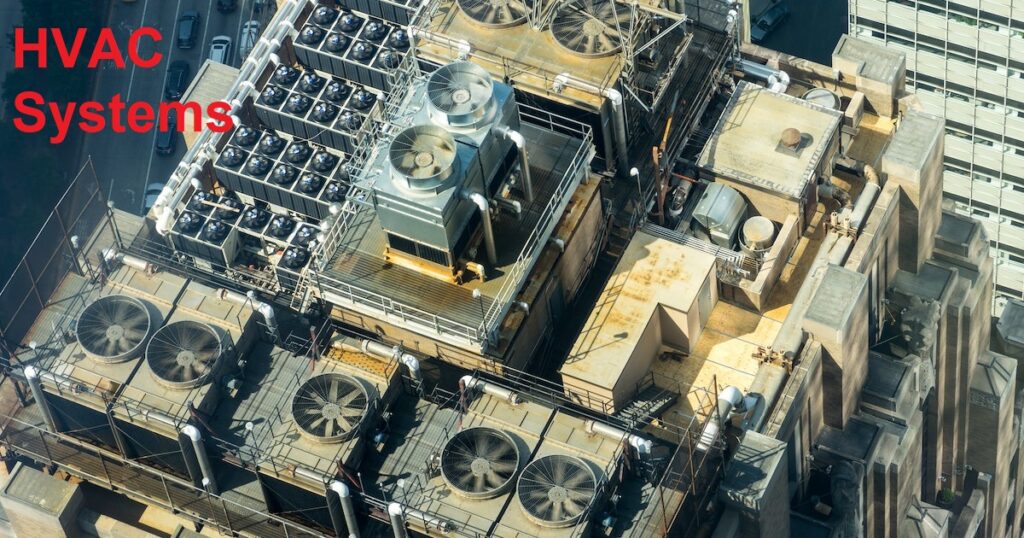Energy-efficient buildings are becoming more popular in the modern world as people become aware of the importance of sustainability and the environment. These buildings are designed to use less energy than traditional buildings, which can save money on utility bills and reduce the carbon footprint.
In this article, we will explore the benefits of energy-efficient buildings and why you should consider them for your next project.
Introduction
Energy-efficient buildings are structures that are designed to reduce energy consumption and environmental impact. These buildings use various technologies, materials, and techniques to minimize the use of energy for heating, cooling, and lighting. As a result, they can save a considerable amount of money and energy compared to traditional buildings.
Benefits of Energy-Efficient Buildings
- Lower Energy Bills
One of the most significant benefits of energy-efficient buildings is the potential to save money on energy bills. These buildings are designed to use less energy for heating, cooling, and lighting, which can significantly reduce the amount of money you spend on utilities each month.
- Reduced Carbon Footprint
Energy-efficient buildings also have a reduced carbon footprint. Traditional buildings are a significant source of greenhouse gas emissions, which contribute to global warming and climate change. By using less energy, energy-efficient buildings can reduce their carbon footprint and help protect the environment.
- Improved Indoor Air Quality
Energy-efficient buildings also have better indoor air quality than traditional buildings. This is because they are designed to use ventilation systems that bring fresh air into the building, which can improve the health and comfort of the occupants.
- Enhanced Comfort
Energy-efficient buildings are also designed to provide better comfort for their occupants. They have better insulation, which can help maintain a consistent temperature throughout the building. This means that occupants are less likely to experience hot or cold spots, which can make them uncomfortable.
- Increased Property Value
Energy-efficient buildings are also more valuable than traditional buildings. This is because they are more cost-effective to operate, which can make them more attractive to potential buyers or renters. Additionally, energy-efficient buildings may qualify for tax incentives or other financial benefits, which can increase their value even further.
- Long-Term Cost Savings
Finally, energy-efficient buildings can provide long-term cost savings. While they may have a higher upfront cost, the savings on energy bills over time can offset this expense. In addition, energy-efficient buildings may require less maintenance and repairs than traditional buildings, which can also save money in the long run.

How to Make a Building Energy-Efficient
Now that we have explored the benefits of energy-efficient buildings, let’s take a look at some of the techniques and technologies that can be used to make a building energy-efficient.
Insulation
One of the most important components of an energy-efficient building is insulation. Insulation is used to prevent heat transfer between the interior and exterior of the building, which can help maintain a consistent temperature and reduce energy consumption.
Energy-Efficient Windows
Energy-efficient windows are another crucial component of an energy-efficient building. These windows are designed to minimize heat transfer and reduce air leaks, which can help maintain a consistent temperature and reduce energy consumption.
Lighting
Lighting is another area where energy-efficient technologies can be used to reduce energy consumption. LED lights are much more efficient than traditional incandescent bulbs and can last much longer, which can save money on energy bills and maintenance costs.
HVAC Systems
Finally, the heating, ventilation, and air conditioning (HVAC) system is another critical component of an energy-efficient building. These systems can be designed to use less energy and operate more efficiently than traditional HVAC systems, which can significantly reduce energy consumption.

Conclusion
Energy-efficient buildings offer many benefits, including lower energy bills, reduced carbon footprint, improved indoor air quality, enhanced comfort, increased property value, and long-term cost savings. With the growing concern for sustainability and the environment, energy-efficient buildings are becoming increasingly popular. By using technologies, materials, and techniques that minimize energy consumption, these buildings provide a more sustainable and cost-effective option for property owners.
If you are considering building or renovating a property, it is worth considering making it energy-efficient. By incorporating the techniques and technologies outlined in this article, you can create a building that is more environmentally friendly, cost-effective, and comfortable.
FAQs
- Are energy-efficient buildings more expensive to build than traditional buildings?
- Energy-efficient buildings may have a higher upfront cost than traditional buildings. However, long-term savings on energy bills and maintenance costs can offset this expense.
- Will an energy-efficient building require different maintenance than a traditional building?
- Energy-efficient buildings may require less maintenance and repairs than traditional buildings due to the use of durable materials and efficient systems.
- Can energy-efficient buildings be retrofitted to an existing building?
- Yes, energy-efficient technologies and techniques can be incorporated into existing buildings through retrofitting.
- Do energy-efficient buildings only benefit the environment, or can they also benefit the occupants?
- Energy-efficient buildings can benefit both the environment and the occupants by improving indoor air quality, enhancing comfort, and reducing energy costs.
- Are there any incentives for building energy-efficient buildings?
- Yes, there may be tax incentives or other financial benefits available for building energy-efficient buildings. It is worth checking with local or national authorities to see what incentives may be available.
